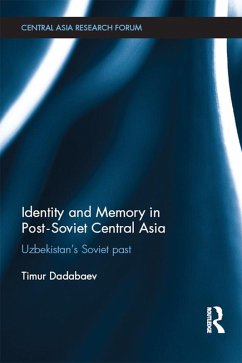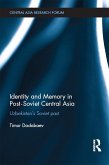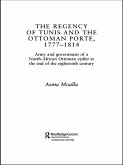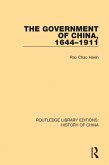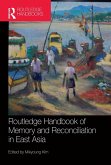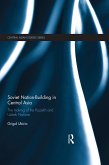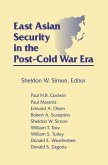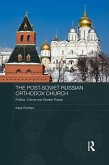Central Asian states have experienced a number of historical changes that have challenged their traditional societies and lifestyles. The most significant changes occurred as a result of the revolution in 1917, the incorporation of the region into the Soviet Union, and gaining independence after the collapse of the USSR. Impartial and informed public evaluation of the Soviet and post-Soviet periods has always been a complicated issue, and the 'official' descriptions have often contradicted the interpretations of the past viewed through the experiences of ordinary people.
Identity and Memory in Post-Soviet Central Asia looks at the tradition of history construction in Central Asia. By collecting views of the public's experiences of the Soviet past in Uzbekistan, the author examines the transformation of present-day Central Asia from the perspective of these personal memories, and analyses how they relate to the Soviet and post-Soviet official descriptions of Soviet life. The book discusses that the way in which people in Central Asia reconcile their Soviet past to a great extent refers to the three-fold process of recollecting their everyday experiences, reflecting on their past from the perspective of their post-Soviet present, and re-imagining. These three elements influence memories and lead to selectivity in memory construction, emphasising the aspects of the Soviet era people choose to recall in positive and negative lights.
Presenting a broader picture of Soviet everyday life at the periphery of the USSR, the book will be a useful contribution for students and scholars of Central Asian Studies, Ethnicity and Identity Politics.
Identity and Memory in Post-Soviet Central Asia looks at the tradition of history construction in Central Asia. By collecting views of the public's experiences of the Soviet past in Uzbekistan, the author examines the transformation of present-day Central Asia from the perspective of these personal memories, and analyses how they relate to the Soviet and post-Soviet official descriptions of Soviet life. The book discusses that the way in which people in Central Asia reconcile their Soviet past to a great extent refers to the three-fold process of recollecting their everyday experiences, reflecting on their past from the perspective of their post-Soviet present, and re-imagining. These three elements influence memories and lead to selectivity in memory construction, emphasising the aspects of the Soviet era people choose to recall in positive and negative lights.
Presenting a broader picture of Soviet everyday life at the periphery of the USSR, the book will be a useful contribution for students and scholars of Central Asian Studies, Ethnicity and Identity Politics.
Dieser Download kann aus rechtlichen Gründen nur mit Rechnungsadresse in A, B, BG, CY, CZ, D, DK, EW, E, FIN, F, GR, HR, H, IRL, I, LT, L, LR, M, NL, PL, P, R, S, SLO, SK ausgeliefert werden.

